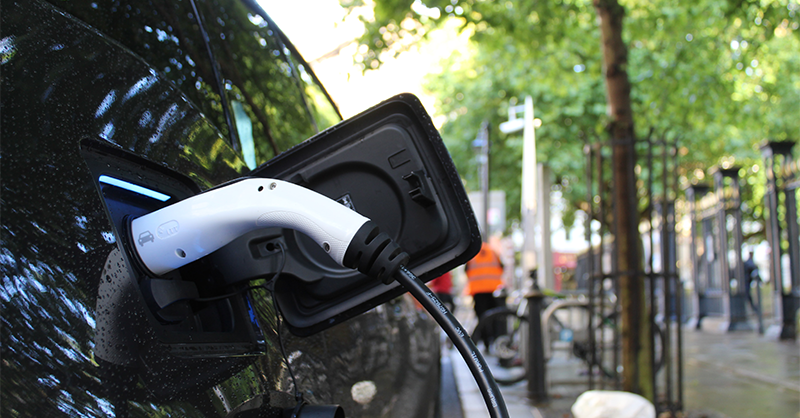UK EV industry to get lower grid-connection charges after Ofgem intervention
06 September 2021 15:47 by Jakub Krupa

UK charging stations for electric vehicles will see reduced barriers to connecting to the national electricity grid, under plans put forward by energy markets regulator Ofgem.
An operator building a new charging station would not have to cover the connection charge for reinforcing the local grid, "instead recovering these costs through the ongoing network charges paid by all users of the distribution system," Ofgem said in a statement over the weekend.
"This will make it cheaper to install new EV charging stations in the locations they are needed," the regulator said.
Next year Ofgem will also announce its next electricity distribution price control, which it says will "enable billions of pounds of investment in the local distribution networks," further helping to support the rollout of EV charging infrastructure.
The regulator has already approved about 150 million pounds ($210 million) of investments in EV infrastructure. This will pay for cabling and substations supporting 1,800 new ultra-rapid public charging points at motorway service stations — three times the number currently in operation — and support a further 1,700 rapid charge points at "other key transits and city hubs."
Ofgem stressed that the changes would help "reduce EV range anxiety and improve consumer confidence" as many drivers consider switching from combustion-engine vehicles.
The UK government plans to ban sales of most new petrol and diesel vehicles sales by 2030, which is already pushing the likes of Ford, Volkswagen, Mercedes, Volvo and Jaguar to announce that by then they will be selling only electric cars, at least in Europe.
Last week, fuel giant Shell announced its intention to install up to 50,000 on-street EV charging points across the UK by 2025, which will be operated by its dedicated subsidiary, Ubitricity, and will use both Shell's funding and grants from the government’s On-Street Residential Charging Scheme.
Ofgem's announcement responds to an urgent need to roll out a huge amount of infrastructure to support the EV transition.
Figures released today by the Society of Motor Manufacturers and Traders show that new-car sales in the UK fell in August by 22 per cent year-on-year, to 68,000. Meanwhile, sales of battery electric vehicles (BEV) rose 32 percent year-on-year, sales of hybrids (HEV) rose 46 percent, and sales of plug-in hybrids (PHEV) rose 72 percent.
In total, BEVs, HEVs and PHEVs have made up almost 24 per cent of sales in 2021 to date, outperforming diesel and mild hybrid diesel cars, which total just 16.4 per cent.
The UK will need somewhere between 280,000 and 480,000 charging points by 2030 — from 25,000 now — to accommodate an expected 30-fold increase in electric vehicles on the road to around 16 million, the Competition and Markets Authority warned last month.
The CMA identified a “chicken and egg” problem, whereby many drivers would only switch to an EV once the network was already installed. The lack of an existing pool of EVs on the road "increases financial risks for both […] manufacturers and charging-point operators, deterring investment and slowing the growth of charging networks,” it noted.
The competition watchdog also pointed out some broader problems regarding the uneven distribution of charging points across the country, and confusion around pricing structures and payment platforms used by dozens of different operators.
Related Articles
No results found
